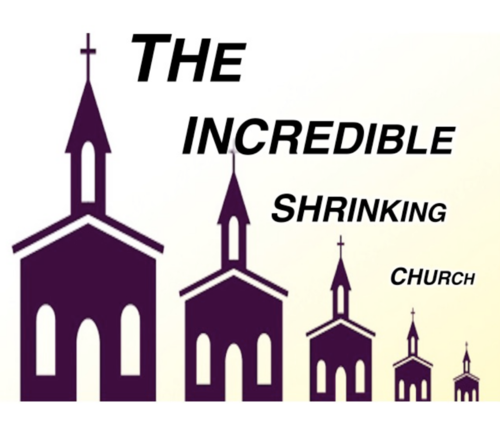In England, proclaiming God's blessing on same-sex relationships has become the new orthodoxy for clergy with established ties to the powers that be.
But not in Nigeria and the Global South, where Anglican leaders have urged the Church of England to consider the impact of its actions on believers facing conflict with Jihadi terrorists.
"I am genuinely torn by this," said Archbishop of Canterbury Justin Welby, about an appeal for General Synod leaders to consult with Anglican primates around the world before proceeding. "It isn't just about listening to the rest of the world – it's caring. Let's just be clear on that. It's about people who will die, women who will be raped, children who will be tortured.
"So, when we vote, we need to think of that. It's not just about what people will say – it is about what they will suffer."
But after years of tense dialogues and visiting war zones, Welby told the synod to proceed. Thus, the General Synod bishops, clergy and laity voted 250-181 to offer blessing rites for same-sex couples married by the state – while retaining church doctrine that marriage is between a man and a woman.
"For the first time, the Church of England will publicly, unreservedly and joyfully welcome same-sex couples in church," said Welby and Archbishop of York Stephen Cottrell, in their Feb. 9 statement. Anglicans have "deep differences on these questions which go to the heart of our human identity."
This move angered LGBTQ activists who said mere "blessings" were not enough, while leaders of giant Anglican churches in Africa and Asia also rejected the compromise.
Welby said he had little or no choice, when addressing a Feb. 12 meeting of the Anglican Consultative Council in Accra, Ghana.
After the synod vote, he said, "I was summoned twice to Parliament and threatened with parliamentary action to force same-sex marriage on us, called in England 'equal marriage.'"










